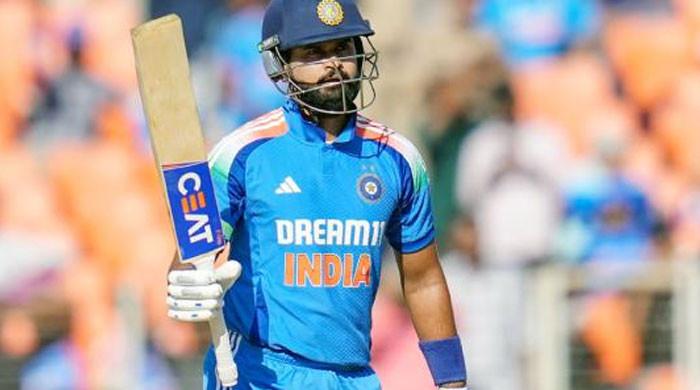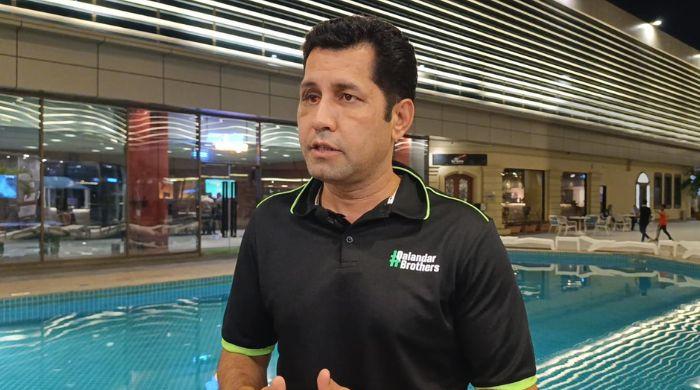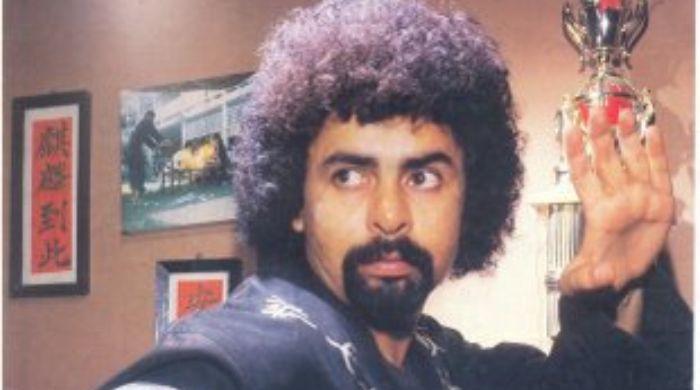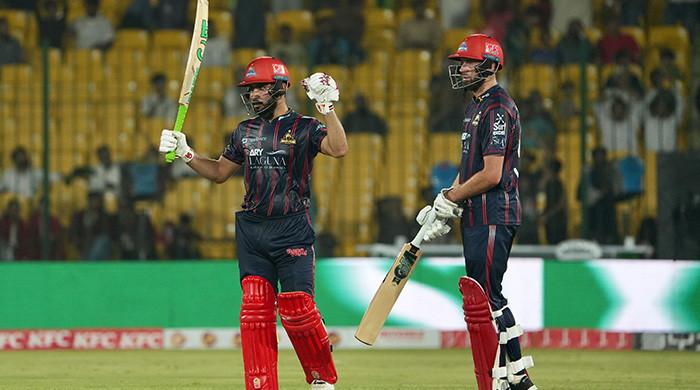Mohammad Rizwan becomes first-ever Pakistani wicket-keeper to score 100 in T20I
He is also the 2nd wicket-keeper batsman in the world to score a 100 in all three formats of international cricket
February 11, 2021
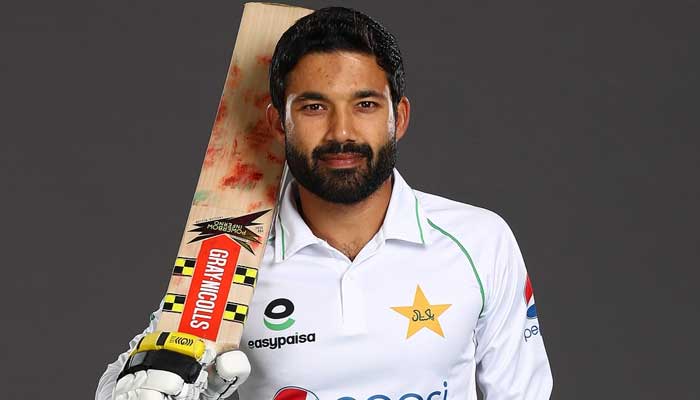
- Mohammad Rizwan becomes first-ever Pakistani wicket-keeper to score a century in T20Is
- He is also the 2nd wicket-keeper batsman in the world to score a 100 in all three formats of international cricket
- The 28-year old cricketer scored an unbeaten 104 off 64 deliveries in Lahore against South Africa
KARACHI: Pakistani cricketer Mohammad Rizwan on Thursday became the first-ever Pakistani wicket-keeper to score a century in T20Is. He is also the second wicket-keeper batsman in the world to score a 100 in all three formats of international cricket.
Read more: Pak vs SA: Watch Mohammad Rizwan diving full length to dismiss Rassie van der Dussen
The 28-year old cricketer scored an unbeaten 104 off 64 deliveries in Lahore against South Africa. His innings included 7 sixes, which is the highest by a Pakistani batsman in T20Is. The previous record was with Mohammad Hafeez and Ahmed Shahzad, both of whom had smashed 6 sixes in an innings on different occasions.
He also posted a highest individual score in T20Is by a Pakistani wicket-keeper batsman, surpassing Sarfaraz Ahmed who had earlier scored 89* against Scotland at Edinburgh in 2018.
Rizwan is also the first Pakistani wicket-keeper and the only 2nd cricketer after Ahmed Shahzad to post a three-figure T20I score against his name.
He is also the only second wicket-keeper batsman in the world after Kiwi cricketer Brendon McCullum to score centuries in all three formats as a designated wicket-keeper. Overall, he’s the 5th wicket-keeper batsman to score T20I century in the world.
Read more: I take responsibiity for Pakistan's defeat as captain: Mohammad Rizwan
The Pakistani wicket-keeper batsman has now eight scores of 50 or more (including two 100s), across all three formats in international cricket, since the start of January 2020.




